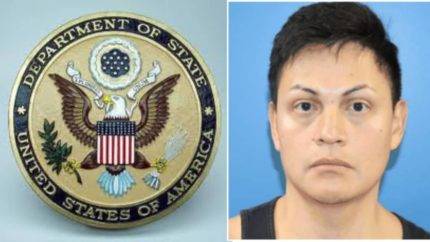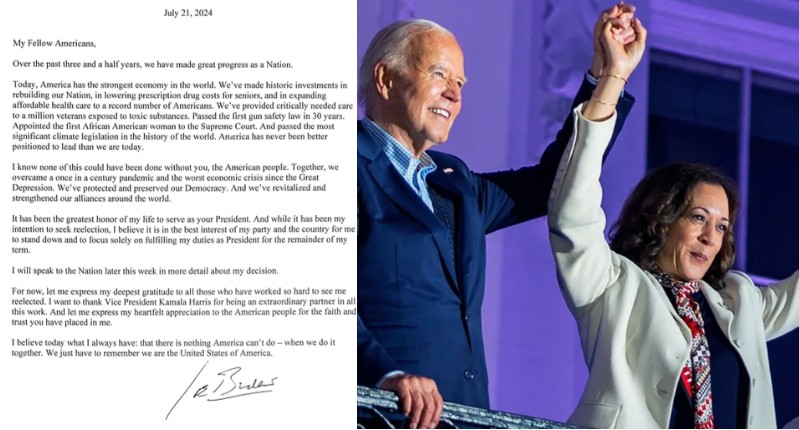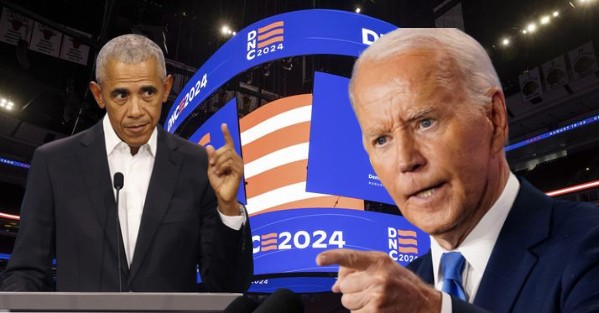The Arrest of Former State Department Security Officer
The ongoing investigation into the January 6th insurrection witnesses a pivotal moment as the FBI apprehends Kevin Alstrup, a former State Department security officer, on four charges linked to the Capitol attack. This development marks a significant shift in the inquiry, exposing the intricate involvement of individuals with security backgrounds in the tumultuous events of that fateful day. Alstrup’s arrest serves as a stark reminder of the diverse backgrounds of those implicated in the insurrection, highlighting the urgency of thorough accountability measures irrespective of one’s professional ties.
Amidst the unfolding revelations, Alstrup’s arrest underscores the gravity of the situation and the imperative of holding all responsible parties to justice. As a former State Department security officer, Alstrup’s alleged participation in the insurrection sends shockwaves through security establishments, prompting a critical reassessment of internal vetting procedures. This turn of events amplifies the urgency for comprehensive investigations and stringent repercussions to prevent similar breaches in the future, ensuring the sanctity of democratic institutions remains uncompromised.
Allegations Against Kevin Alstrup and Implications of His Actions
The recent charges against Alstrup, encompassing disorderly conduct on Capitol grounds and unlawful picket and parading, bring to light significant concerns regarding the conduct and intentions of individuals tasked with protecting governmental establishments. Alstrup’s purported involvement in the insurrection underscores the urgency for a comprehensive review of security measures and possible susceptibilities within governmental bodies. This arrest prompts a critical evaluation of the repercussions associated with breaching public trust and partaking in illicit actions, emphasizing the gravity of upholding ethical standards in safeguarding governmental integrity.
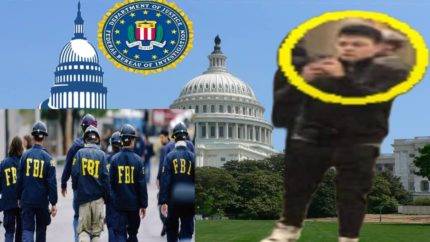
Kevin Alstrup’s arrest resonates as a poignant reminder of the far-reaching consequences stemming from the betrayal of public trust and engagement in unlawful conduct. The charges laid against him prompt a broader societal reflection on the importance of accountability and transparency within governmental operations. This incident underscores the imperative for stringent adherence to ethical standards and the preservation of institutional integrity, serving as a cautionary tale against compromising the foundational principles of governance.
Details of Kevin Alstrup’s Arrest and Background
The arrest of Kevin Alstrup in Washington on Tuesday has reverberated profoundly within the corridors of power, sparking concern and speculation among both State Department officials and law enforcement professionals. Amidst the unfolding events, questions linger regarding Alstrup’s precise status within the State Department, intensifying the air of mystery surrounding his alleged involvement in the Capitol attack. This lack of clarity only deepens the intrigue surrounding the situation, underscoring the urgency for a thorough investigation and swift action to address any potential security breaches.
The circumstances surrounding Kevin Alstrup’s arrest have ignited apprehensions about the vulnerabilities within sensitive institutions, raising pressing concerns about the prevalence of insider threats. As the spotlight turns towards ensuring the integrity of security protocols, there is a growing consensus on the necessity for bolstered screening procedures to safeguard against potential risks posed by individuals occupying pivotal positions. Alstrup’s case serves as a poignant reminder of the imperative to remain vigilant in identifying and mitigating potential security threats, highlighting the paramount importance of fortifying defenses to uphold the sanctity of institutional integrity.
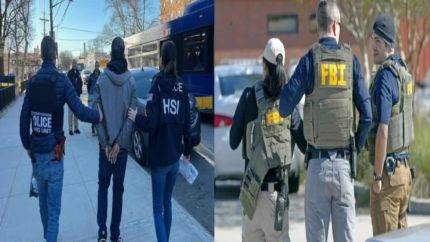
Unveiling Kevin Alstrup’s Alleged Role in the Insurrection, A Deep Dive into FBI Affidavit
The FBI affidavit meticulously outlines Alstrup’s purported involvement in the Capitol insurrection, offering pivotal insights into the ongoing investigation. By delving into the specifics of Alstrup’s actions during the tumultuous events, the document sheds light on the intricate web of individuals implicated in the breach of Capitol security. Notably, the revelation that tracing Alstrup’s address led to the discovery of his employment with the State Department underscores the efficacy of investigative methodologies employed by law enforcement agencies. This crucial connection underscores the significance of thorough investigative techniques in identifying and holding accountable those responsible for orchestrating or participating in criminal acts of this magnitude.
The affidavit serves as a testament to the unwavering commitment of law enforcement agencies to uphold the rule of law and safeguard democratic institutions. Through meticulous documentation of Alstrup’s alleged actions, it highlights the exhaustive efforts undertaken by authorities to bring perpetrators of the Capitol breach to justice. By meticulously piecing together evidence and employing sophisticated investigative techniques, law enforcement agencies demonstrate their dedication to holding individuals accountable for their role in undermining the integrity of the Capitol’s security. Ultimately, the affidavit serves as a beacon of hope, reassuring the public that those who engage in criminal activities aimed at disrupting democratic processes will face the full force of the law.
Implications for National Security and Government Integrity
The recent arrest of a former State Department security officer linked to the Capitol attack has ignited concerns regarding potential breaches in security protocols and the adherence to ethical standards within governmental agencies. This development highlights the critical need for constant vigilance against insider threats, emphasizing the significance of stringent background checks and ongoing monitoring procedures for security personnel. By addressing these vulnerabilities, agencies can bolster their resilience against internal risks and uphold the public’s trust in their ability to safeguard national interests.
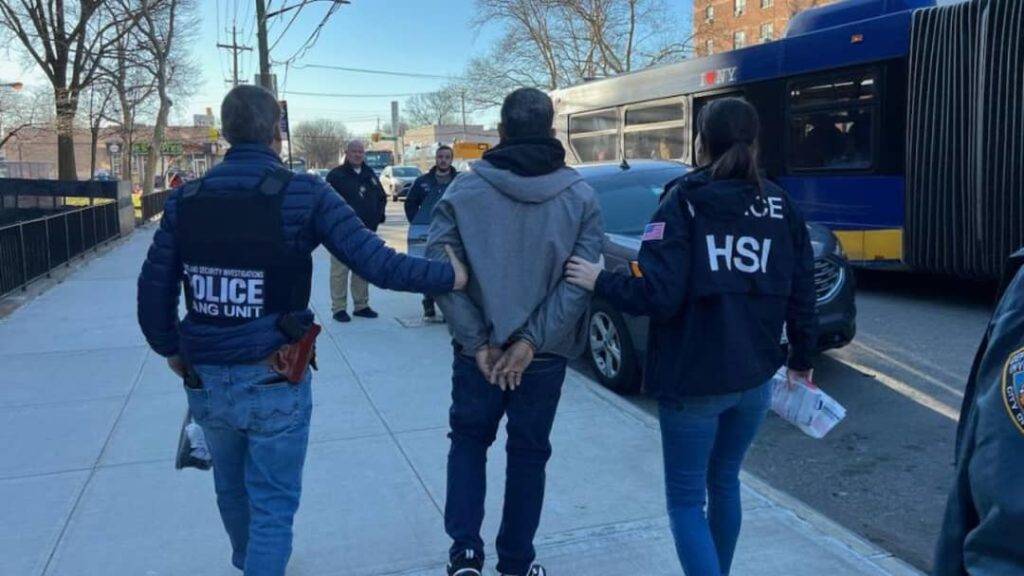
Moreover, this incident serves as a stark reminder of the broader repercussions of the Capitol insurrection on national security and democratic institutions. The infiltration of government-affiliated individuals into such violent events raises questions about the extent of radicalization within certain sectors and the susceptibility of critical infrastructure to subversion. By confronting these challenges head-on, policymakers can fortify the nation’s defenses against both external and internal threats, safeguarding the democratic principles upon which the country is founded.
Confirmation of Kevin Alstrup’s Identity and Supervisory Response
The confirmation of Alstrup’s identity by his supervisor, juxtaposed with photographic evidence of his presence inside the Capitol during the siege, underscores the gravity of the accusations against him. This revelation not only deepens the severity of the allegations but also intensifies the public scrutiny surrounding the incident. The supervisor’s response to the incriminating photos further underscores the critical role of accountability and transparency in addressing misconduct within government agencies. This incident serves as a stark reminder of the need for stringent measures to uphold ethical standards and maintain public trust in governmental institutions.
Alstrup’s case stands as a cautionary tale, elucidating the dire repercussions of breaching public trust and flouting the rule of law. His alleged involvement in the Capitol siege not only tarnishes his own reputation but also undermines the integrity of the institutions he represents. As the public demands accountability and justice, this incident serves as a poignant reminder of the enduring importance of upholding ethical standards and abiding by the principles of transparency and integrity. It underscores the imperative for stringent measures to prevent such breaches and reaffirms the unwavering commitment to preserving the sanctity of democratic processes.
Table of Contents
Discover more from OGM News NG
Subscribe to get the latest posts sent to your email.











